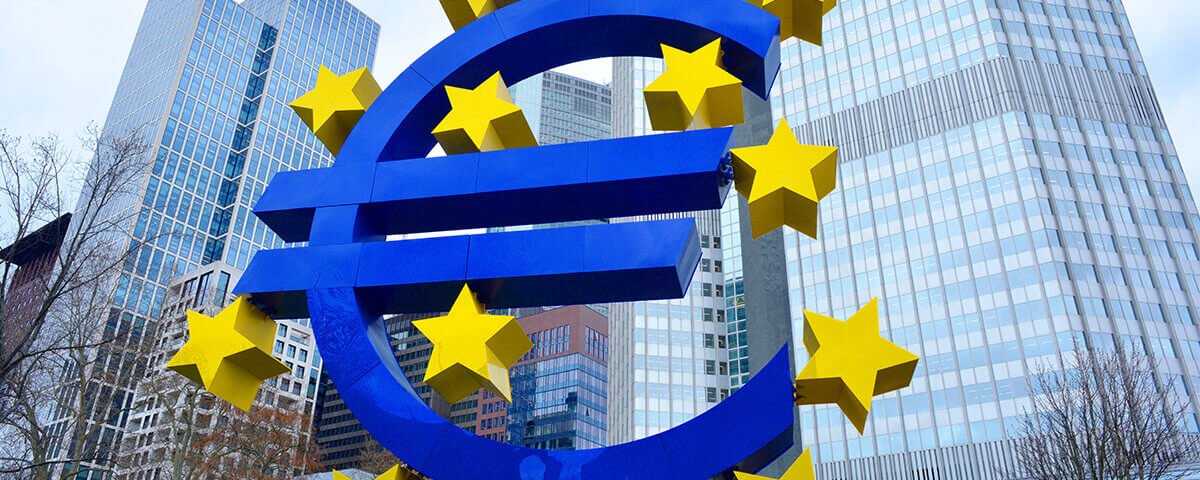It looks like that GDPR and in general, the EU regulations on Personal Data Protection and data sharing pushes the American Social Media Platforms out of Europe. This could be an overstatement but unfortunately is not.
The European Commission is extremely sensitive to its citizen’s personal data and with a series of regulations it prohibits transferring this data within the union, let alone transferring them over to third countries. The main problem for the social media is generated by the EU and US (United States) regulator’s failure to agree on methods American companies can use to safely transfer EU customer’s data across the Atlantic, without that data being available for surveillance by the US government agencies.
As a result of the regulator’s dispute, “Meta” announced that if a new framework is not adopted and the company is no longer allowed to use the current model agreements will probably no longer be able to offer many of its most significant products and services, including Facebook and Instagram, in the EU.
On top of that, the Austrian Data Protection Authority ruled on January 13th, 2022, that the use of Google Analytics violates the EU General Data Protection Regulation. In its decision, the Austrian DPA concluded that the use of Google Analytics cookies by an Austrian website involved the collection and subsequent transfer of personal data to Google in the US, including unique user identification numbers, IP addresses, and browser parameters.
Clearly, regulators in US and EU need to find a common ground of understanding as the whole structure of the digital market itself, is under threat. However, we cannot ignore the implications on our lives if we overpass the threats to our privacy and allow government agencies to exploit personal data. Leaving holes in personal data protection and allowing governments to access this data is actually the foundation for creating totalitarian regimes. This might not be a big issue for the US but is obviously unacceptable in post-WWII Europe.




